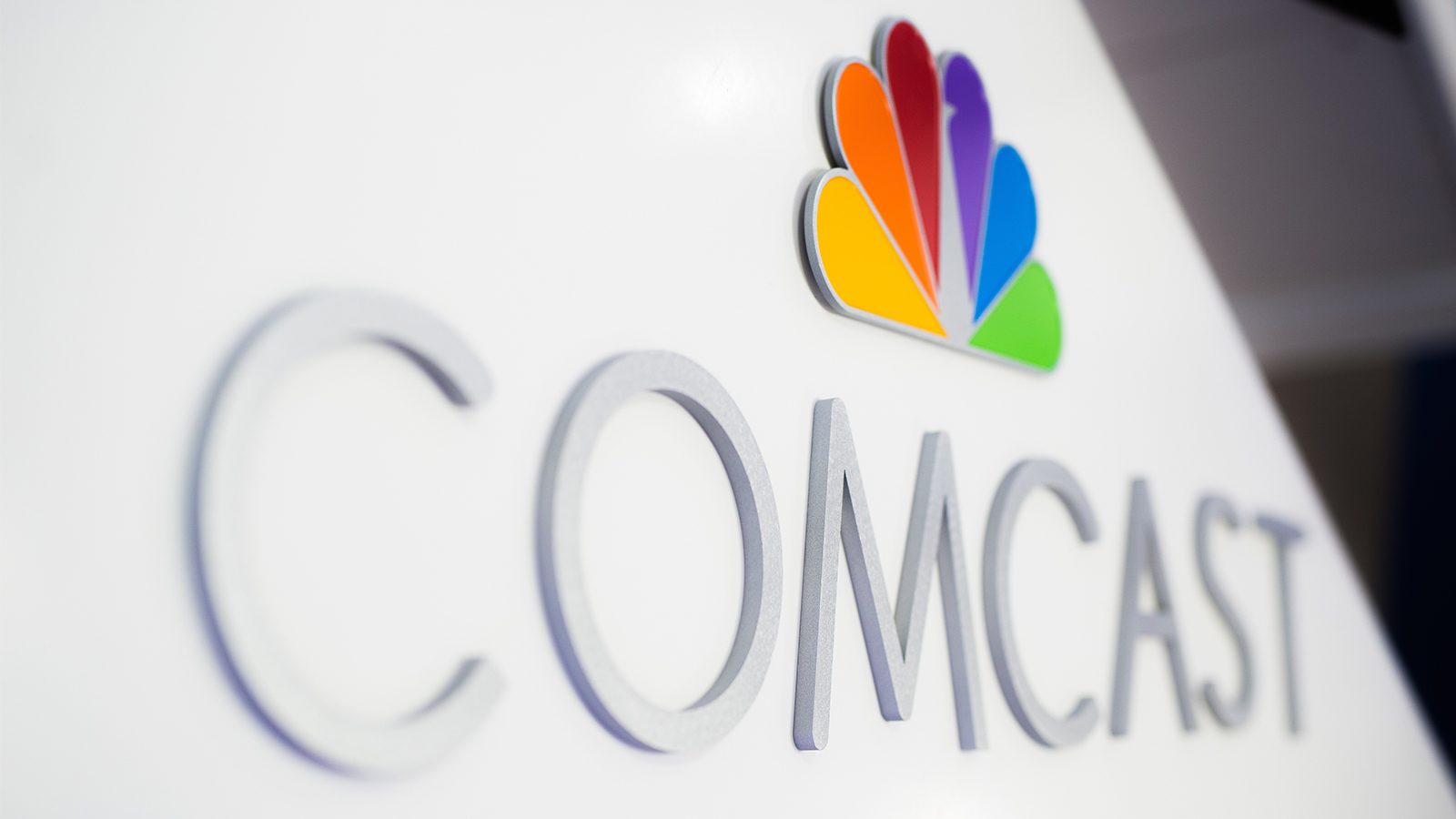MachineQ™, Comcast’s Enterprise Internet of Things Service, Expanding to 12 Major U.S. Markets

Rolling Out LoRaWAN™-based Network and Service Platform in Atlanta, Baltimore, Boston, Denver, Detroit, Indianapolis, Miami, Minneapolis/St. Paul, Oakland, Pittsburgh, Seattle, and Washington D.C. to Meet Growing Demand Tied to IoT and Smart Cities
Comcast today announced plans to expand its enterprise Internet of Things (IoT) service, machineQ™, to 12 major U.S. markets. MachineQ is an IoT network service and platform that uses Low Power Wide Area Network (LPWAN) technology based on the globally-adopted LoRaWAN™ protocol to build and deploy solutions for businesses and municipal organizations. The service is rolling out in Atlanta, Baltimore, Boston, Denver, Detroit, Indianapolis, Miami, Minneapolis/St. Paul, Oakland, Pittsburgh, Seattle, and Washington D.C.
“We believe that Comcast has a unique opportunity to leverage our existing network assets and Semtech’s LoRa technology, to fuel IoT innovation with disruptive new business models and smarter cities,” said Alex Khorram, general manager of machineQ. “We’ve seen excitement about a Comcast solution that is opening a whole new world of use cases that were previously not commercially viable due to the cost of connectivity and end devices, limited battery life, and inability to get coverage.”
As a part of the machineQ service, Comcast is working with its commercial partners to enable businesses and cities to gather, transmit, and analyze data about the operation of connected devices distributed throughout their locations. Using the service, organizations are empowered to use data collected from their IoT devices, learn from it, and make better-informed, data-based decisions to improve how they serve customers, tenants, and citizens.
Comcast first announced the service in October 2016 as trials in Philadelphia and the San Francisco Bay Area, and expanded to Chicago in November. Interest in machineQ has come from organizations spanning a wide range of industries, including healthcare (patient monitoring, laboratory sciences tracking), public utilities (remote utility metering), automotive (asset tracking, telemetry), and smart cities (outdoor lighting, waste management, utility grid monitoring).